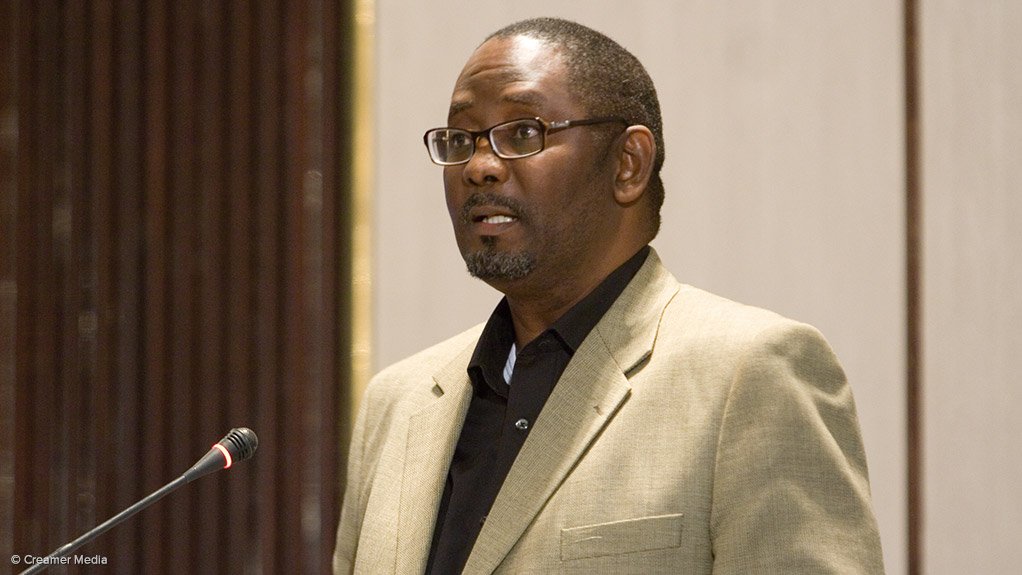South African Federation of Trade Unions (Saftu) general secretary Zwelinzima Vavi on Sunday urged mineworkers in Rustenburg to join the National Union of Metalworkers of South Africa (Numsa).
“Workers resigning from [the] National Union of Mineworkers [Num] and Association of Mineworkers and Construction Union [Amcu] resigned into nothing. Every mineworker in Rustenburg must join Numsa,” Vavi told a Saftu rally in Rustenburg.
The Num lost many members to Amcu in platinum mines in Rustenburg during the violent wildcat strike in August 2012.
Vavi said they had learnt from previous mistakes made by the Congress of South African Trade Unions (Cosatu) – from which both Vavi and Numsa were expelled in 2015.
“We are starting a new journey; our journey is based on certain principles. We want a fighting federation.” He said shop stewards should be well trained to be able to represent workers.
“Shop stewards are thrown into the deep end to represent workers without training. Workers lost cases at the CCMA [Commission for Conciliation, Mediation, and Arbitration] which they were not supposed to lose if shop stewards were trained. Fifty-two percent of cases at the CCMA are won by the employer; 56 percent of wage settlement are imposed by the employers. Workers are on their own.”
Saftu would march to the Union Buildings in Pretoria in November to demand that government “take control of the mines”.
“We are marching with or without Amcu in November. We are going to call [President] Jacob Zuma and [Deputy President] Cyril [Ramaphosa]. We are going to tell them that the two of them are the same. We want all mines in the hands of the people. We do not want to replace white oppressors with black oppressors.”
Rustenburg was rich in minerals, but poverty and inequality were high. Minerals mined in Rustenburg should benefit Rustenburg and not “China and Europe”, Vavi said.
EMAIL THIS ARTICLE SAVE THIS ARTICLE
To subscribe email subscriptions@creamermedia.co.za or click here
To advertise email advertising@creamermedia.co.za or click here











